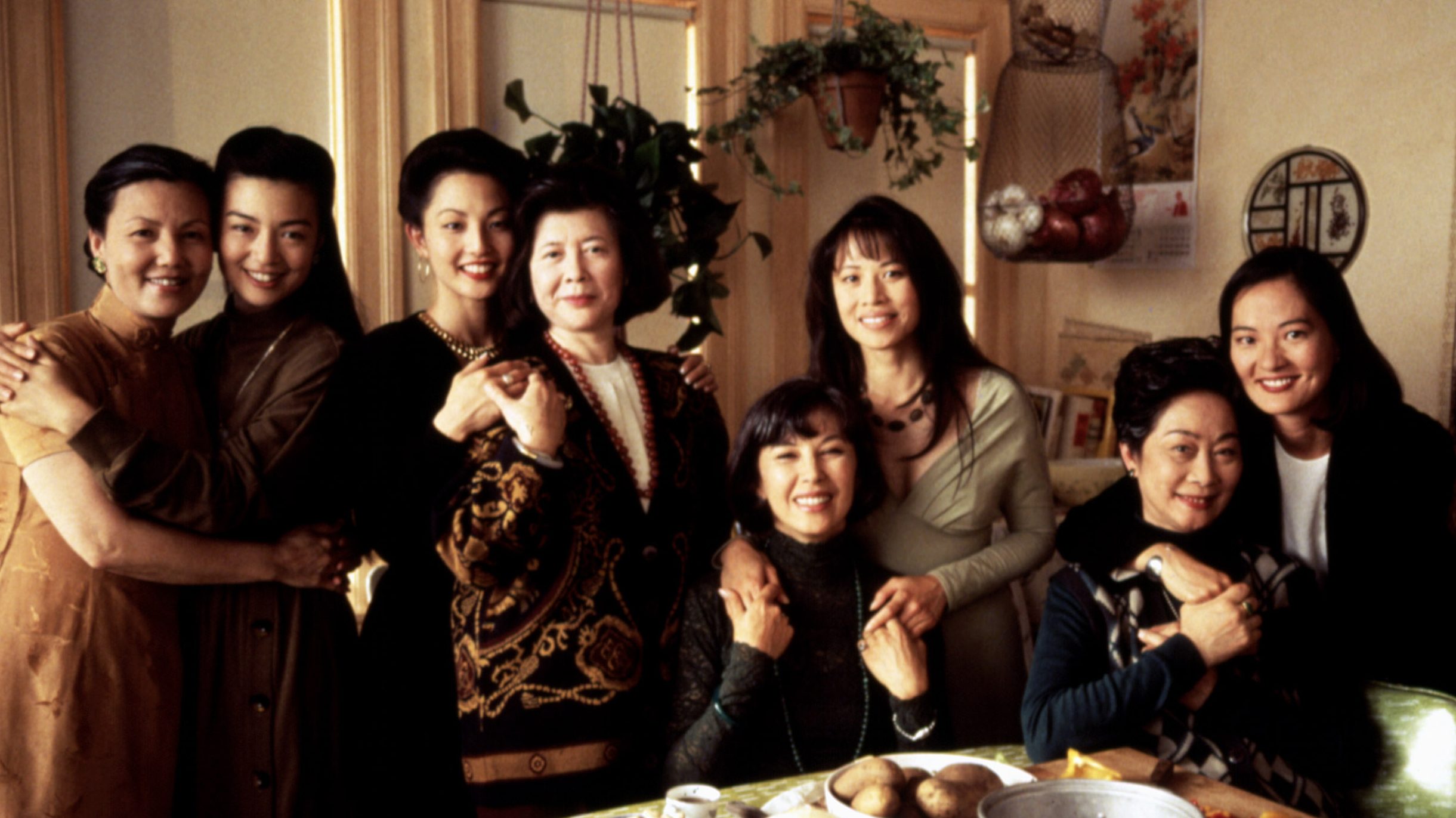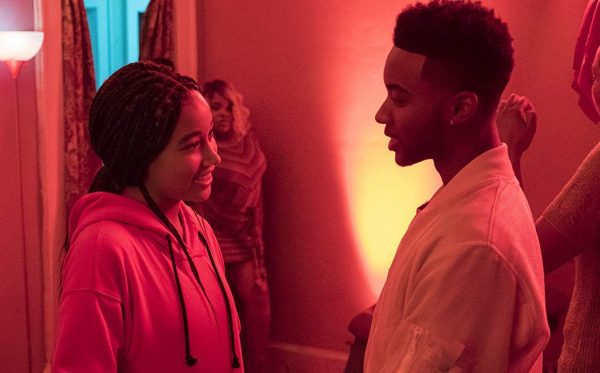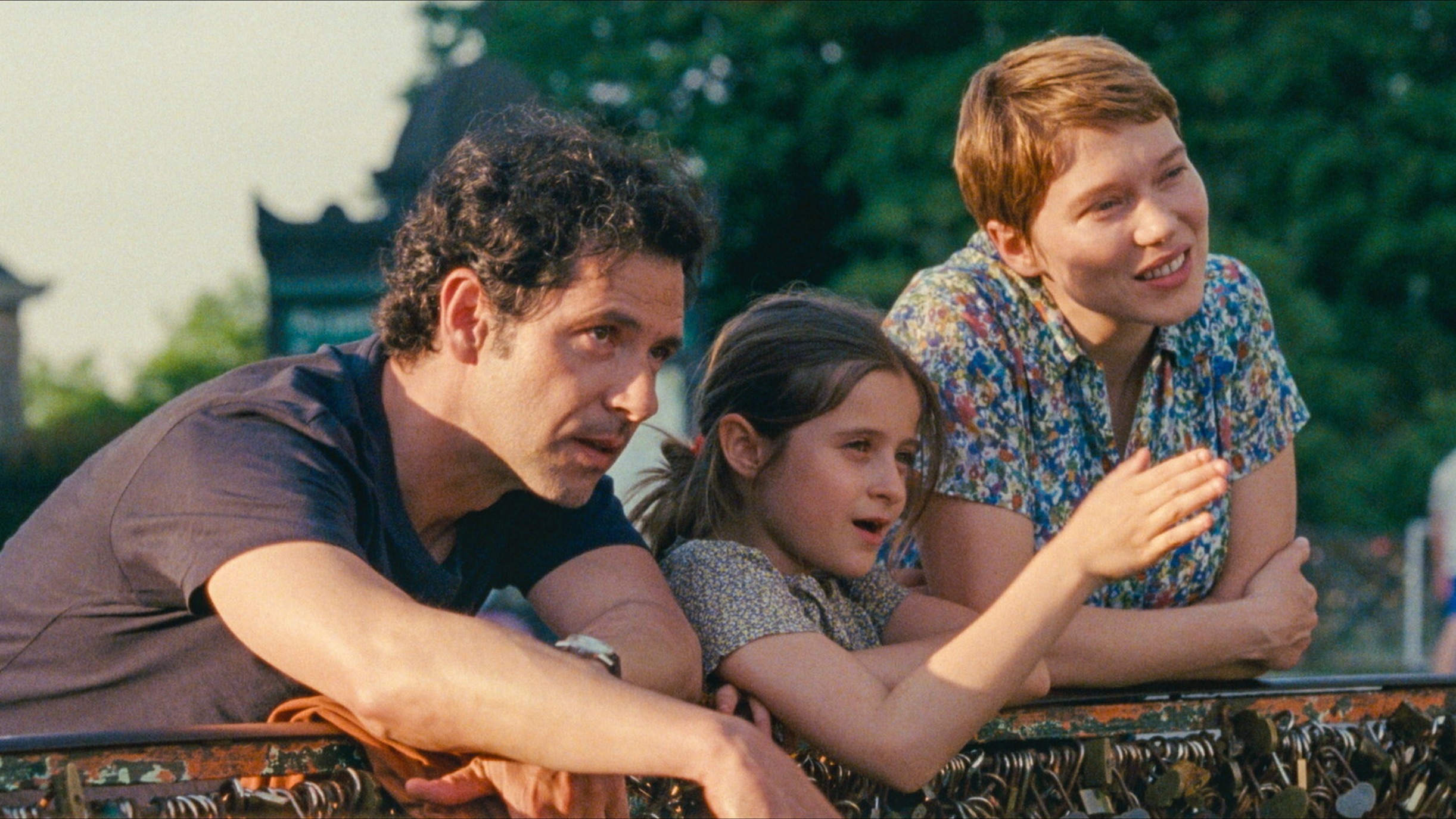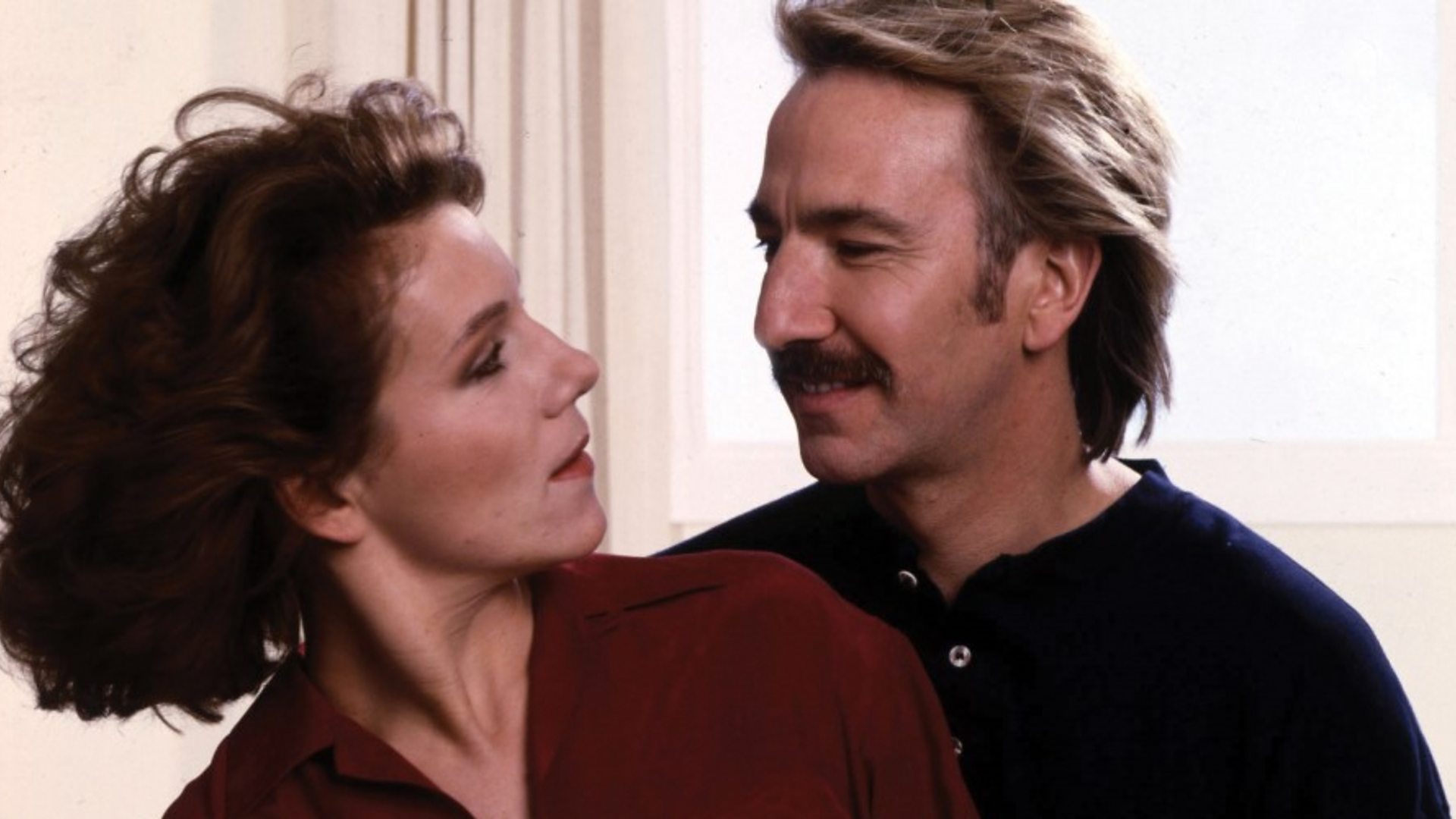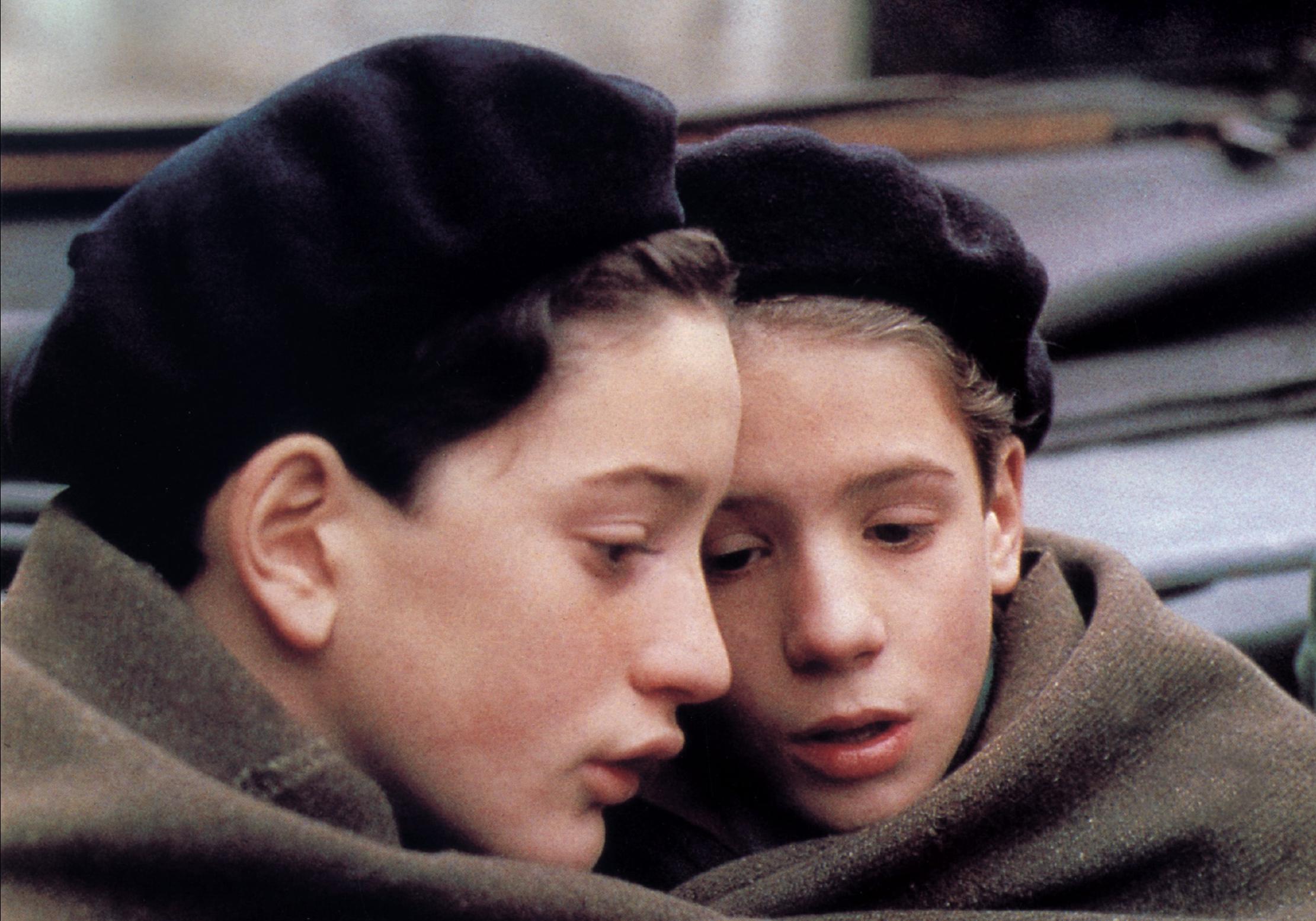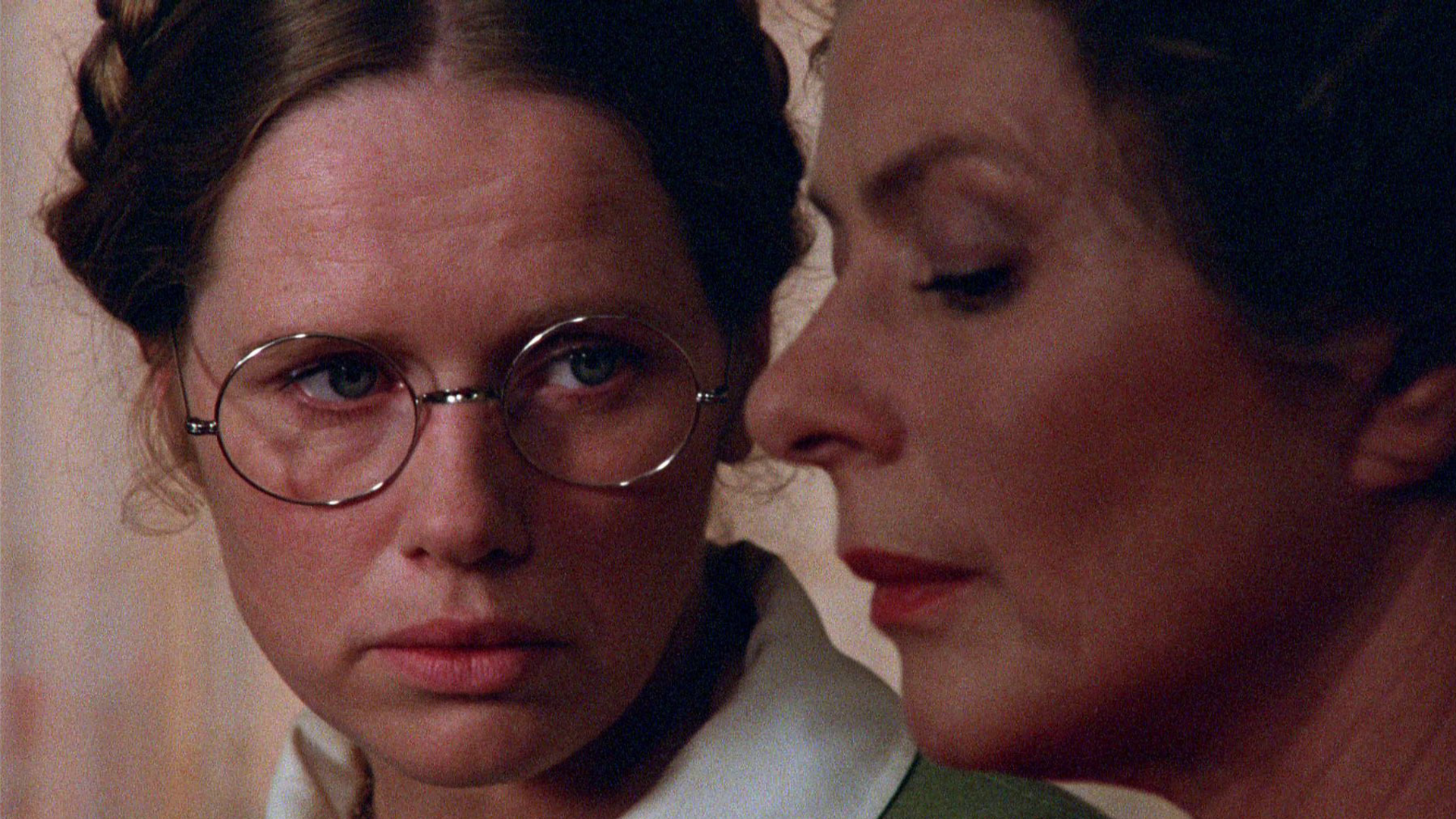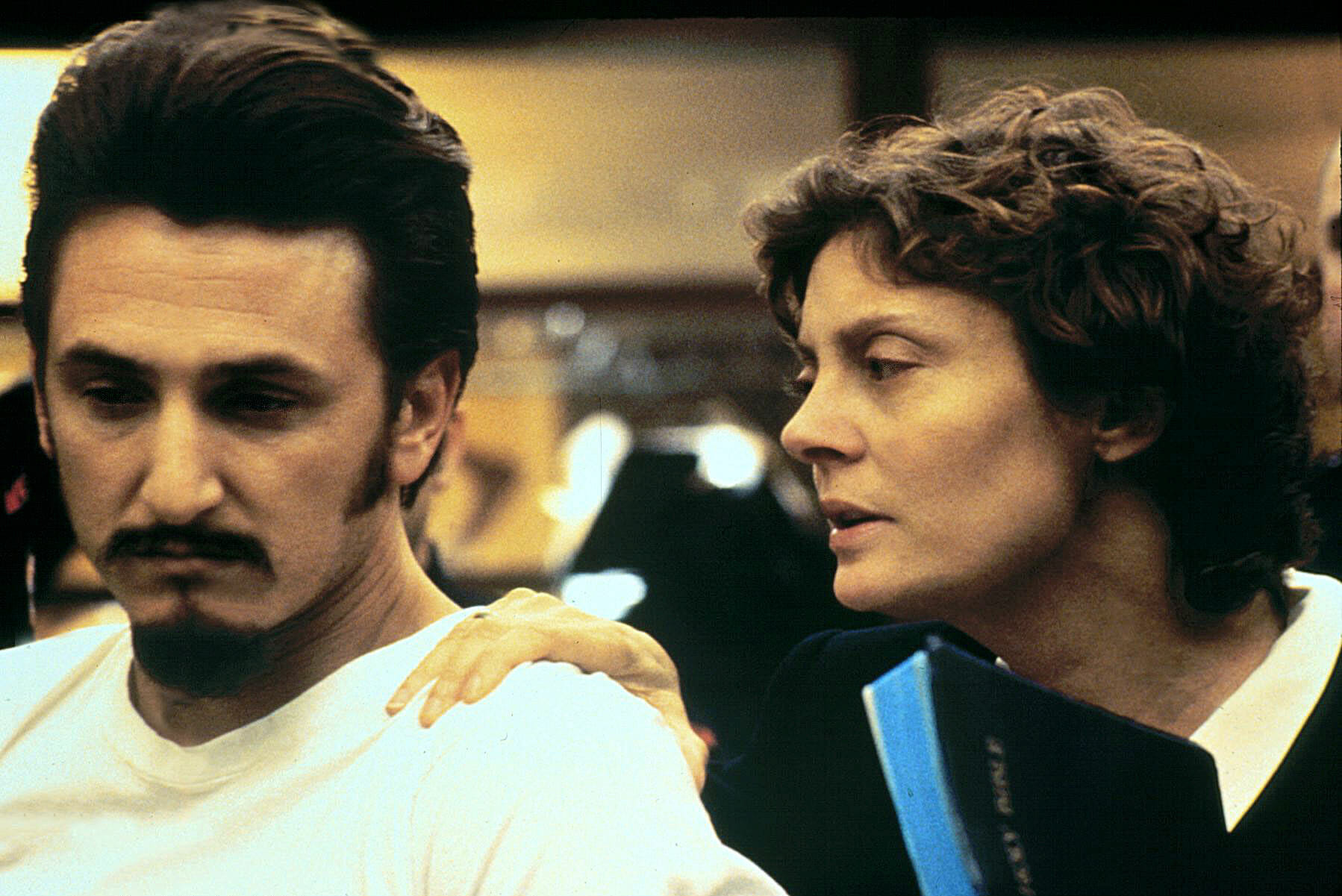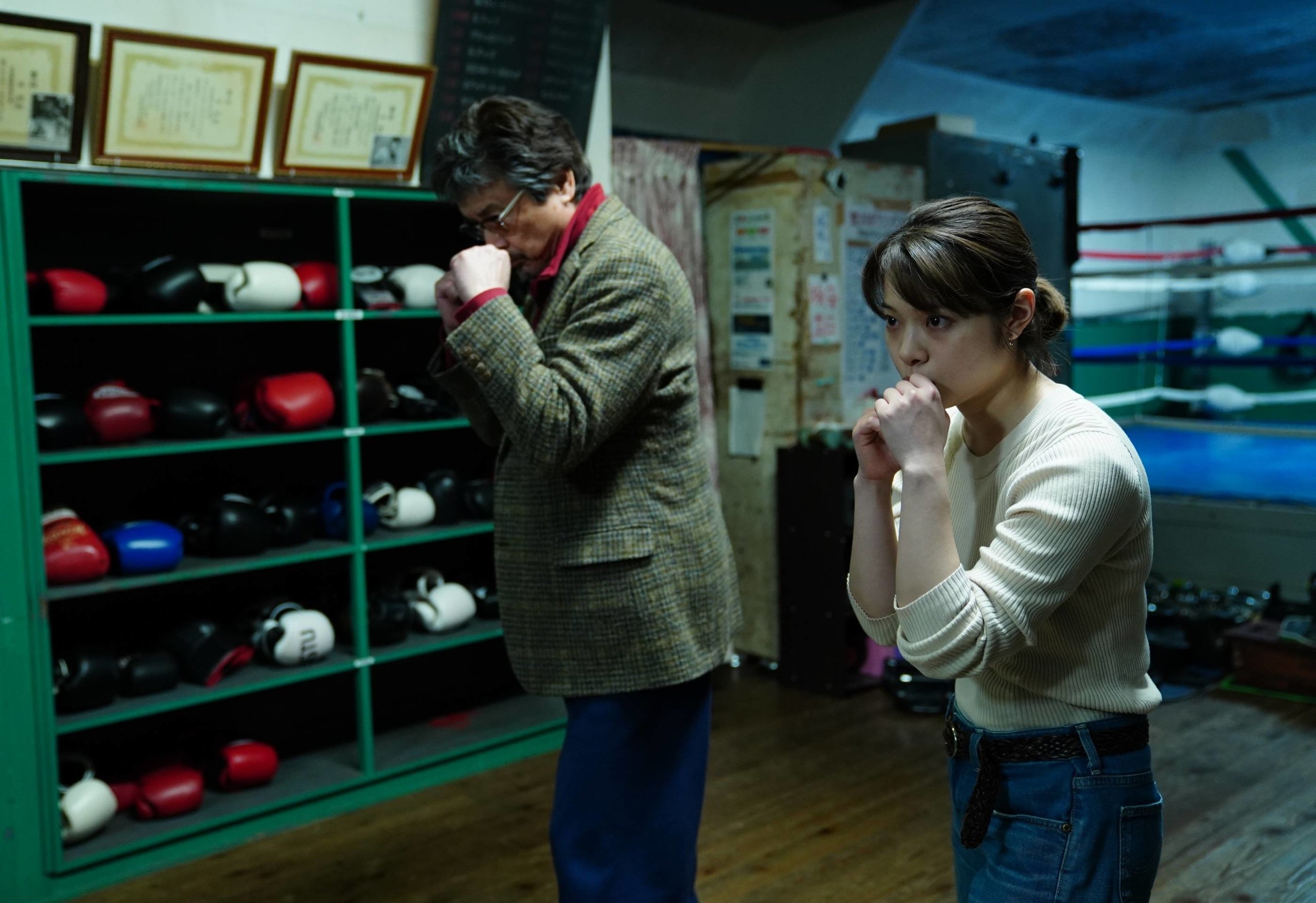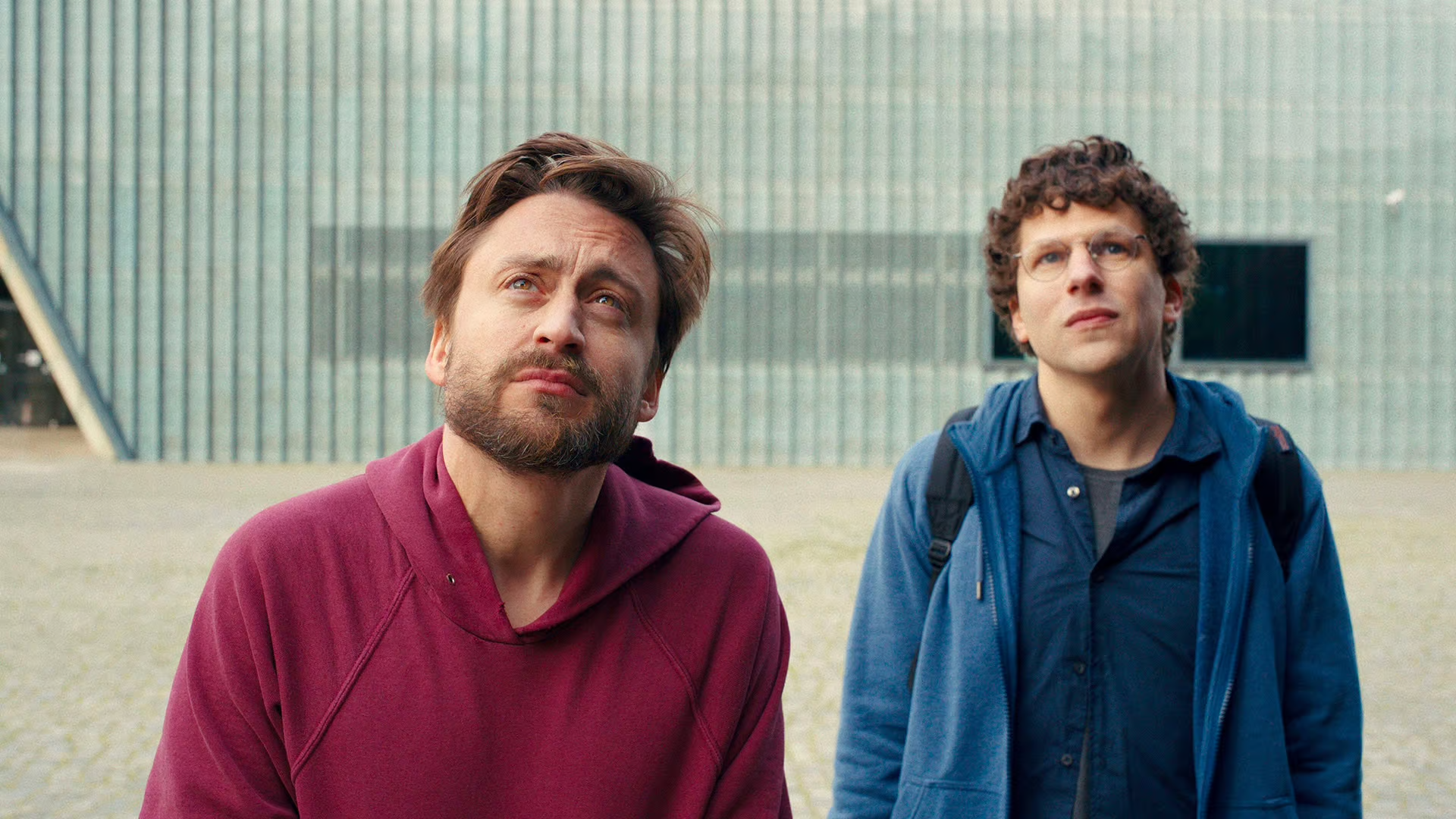
55 Films That Will Bring Tears to Your Eyes
January 16, 2025
Share:
Sometimes a good cry is just what the soul needs, and these films are guaranteed to evoke a torrent of emotions. From heart-wrenching dramas to poignant love stories and powerful character journeys, it’s time to be moved, inspired, and deeply touched as we explore the films that have the power to bring tears to your eyes. Whether it’s tears of joy, sorrow, or profound empathy, these stories will leave an indelible mark on your heart, reminding you of the beauty and fragility of the human spirit. Grab your tissues and prepare for an unforgettable cinematic experience.
Read also:
21. The Joy Luck Club (1993)
Genres
Director
Actors
Moods
Before Turning Red and Crazy Rich Asians, there was The Joy Luck Club. Based on the bestselling novel, the film adaptation centers around the four Chinese-American women and their relationships with their mainland-born mothers. Explaining that the club isn’t particularly joyful or lucky, the film starts from June’s perspective, a perspective of a Chinese-American woman who’s lived all her life in America. However, through strategic screenplay structure and effective sequence arrangement, we learn the struggles of the founding club members, the struggles that brought them to another country, which forms the dynamics between them and their American daughters. Because of how comprehensive and layered the film is, this underrated film adaptation is a phenomenal take on the immigrant experience. Tears are inevitable with how they deal with difficulties, but so is hope.
22. Society of the Snow (2023)
Genres
Director
Actors
Moods
Real life tragedies, especially one that’s as sensationalized as the Miracle in the Andes, can be tough to depict on screen. On one hand, the film has to keep true to the story but also maintain some form of spectacle to keep people watching. Past depictions of the 1972 crash are preoccupied with the cannibalism portrayed by big name actors, but Society of the Snow takes a different route. The actors are newcomers, the threats to their lives don’t require daring action stunts, and the cannibalism is limited to small chunks indistinguishable from animal meat. Instead, the spectacle of Society of the Snow is the human spirit– the vulnerability, the respect, and the generosity they’ve given each other in order to survive. It’s still an uncomfortable watch, especially since we get to know some of the survivors before the crash, but it’s definitely a transcendent addition to the genre dedicated to the miracle of existence.
23. The Hate U Give (2018)
Genres
Director
Actors
Moods
Such a good movie. The start is reminiscent of great, funny coming-of-age stories. However, a violent event quickly takes place and The Hate U Give becomes a powerful comment on police brutality in America, institutional oppression, and what it’s like to be from a marginalized community but try to find your place in the world. But at the end, it’s a ‘movie’ movie, directed by George Tillman Jr. who made the Barbershop movies and Men of Honor (with De Niro).
24. One Fine Morning (2022)
Genres
Director
Actors
Moods
French director Mia Hansen-Løve is a master at gently capturing the full bittersweetness of life, and that’s no more evident than in One Fine Morning. Léa Seydoux gives a quietly powerful performance as Sandra, a mother-of-one who is grappling with the slow, devastating decline of her philosophy professor father at the hands of a neurodegenerative disease. As she deals with the crushing trauma of watching her father deteriorate — and the logistical stress of getting him the care he needs — life grants her an oasis through a chance meeting with an old acquaintance (Clément, played by Melvil Poupaud). Despite Clément being married, the two are hurled into a passionate romance, one that re-ignites something in Sandra she thought she’d lost forever.
What’s so remarkable about One Fine Morning is its gentle empathy: Hansen-Løve appreciates that, in the context of Sandra’s life, her affair with Clément is something life-affirming and vital, worthy of sensitive consideration rather than easy judgment or melodrama. What’s more, One Fine Morning extends that thoughtful attention to the other people around Sandra, with digressions that recognize the fullness and complexity of their lives, too. This is a film that overflows with compassion and curiosity for everyone in its frame, and one that has a contagiously heart-expanding effect on its audiences.
25. Truly, Madly, Deeply (1990)
Genres
Director
Actors
Moods
Don’t be fooled by its obvious parallels to Ghost (not a bad film, but a very different one): Truly, Madly, Deeply isn’t much concerned with the supernatural logistics of its back-from-the-dead-boyfriend premise, and it doesn’t feature any psychics or murders, either. In fact, there’s an argument to be made that everything that takes place here happens in its protagonist’s imagination — that’s how much it ignores the ‘how’ of it all.
Instead, this deeply warm rom-com from the great Anthony Minghella grapples head-on with the emotional challenges of grief and moving on. Juliet Stevenson’s performance as the bereft Nina is up there as one of the most moving portrayals of loss the screen has seen, and not just because of how believable her intense cry-acting is. When she realizes her deceased boyfriend Jamie (Alan Rickman, as seductive and sardonic as always) has returned to the land of the living, her euphoria brings to aching life the dream that everyone who’s ever lost a loved one must surely have dreamt: how joyous it would be to see them again. Blending such raw observations with wry humor — and anchored by two leads with genuine chemistry — this is a profoundly moving and rewarding movie.
26. The Iron Claw (2023)
Genres
Director
Actors
Moods
The story of the Von Erich family is excruciatingly sad, but Iron Claw doesn’t dive right into the tragedy. Instead, it takes care to paint a picture of a close-knit family that’s filled with just as much warmth, jealousy, affection, and resentment as the next bunch. Durkin masterfully draws you into their circle so that everything that happens next is sure to cut deep. The choreography, chemistry, color—everything is carefully and beautifully set up, but the casting is what stands out the most. This wouldn’t have worked as well if it weren’t for the inspired move to pair Zac Efron, Jeremy Allen White, Harris Dickinson, and Stanley Simons as brothers and partners. On the internet, people have been dubbing The Iron Claw as “Little Women and The Virgin Suicides for men” and it’s not hard to see why. Apart from the sibling bond over glory and growing pains, all these films are also powerful explorations of gender. Iron Claw is a vicious takedown of toxic masculinity, while also being a searing family drama and an incredible showcase for Efron and company.
27. Au Revoir les Enfants (1987)
Genres
Director
Actors
Moods
There are moments in our childhood that we deeply regret, even if we didn’t know better, even if innocence can excuse us, and even if we weren’t the ones primarily responsible for the mistake. The memory of it can be haunting, but none has been as devastating as the memory depicted in Louis Malle’s semi-autobiographical period drama Au Revoir les Enfants. Malle brings us to the boarding school rhythms with ease, straightforwardly depicting it as is, but with the camera and the sequencing recognizant of the implications. With the natural dynamic between the unthinking Julien (Malle’s younger self) and the alert and afraid Jean formed through subtle moments, Au Revoir les Enfants culminates into the heartbreaking coming-of-age moment that Malle personally lived through in World War II.
28. Autumn Sonata (1978)
Genres
Director
Actors
Moods
A film like Autumn Sonata shouldn’t work; on paper, it’s simply a confrontation between a resentful daughter and her vain mother. But in the masterful hands of Ingmar Bergman, their knotty relationship unfolds in thrilling, cathartic, and painfully relatable ways. Every accusation feels like a lashing. Every breakdown rips your heart. As a viewer, you sympathize with whoever is onscreen–that’s how real each character seems. You root for the neglected daughter, but also for the pianist who followed her heart and chose career over children. As with most Bergman films, Autumn Sonata feels like an evisceration of one’s soul, but it will feel extra relatable to those of us who’ve harbored secret resentments over our parents or children.
29. Dead Man Walking (1996)
Genres
Director
Actors
Moods
Told with grace and maturity without sensationalizing its subject matter, Dead Man Walking expertly walks the line between taking a moral stand and keeping the messy humanity of its characters intact. Though it may seem just like a legal drama or prison film on the surface, writer/director Tim Robbins weaves in commentary on class and the role religion is expected to play in middle class Southern communities—especially in the context of justice and crime. Sean Penn and Susan Sarandon (in the role that won her her Oscar) play every side to this drama with remarkable control, building an unlikely rapport that culminates in a finale that’s as moving as any great tear-jerker. It may be tough to watch at times, given the raw emotions that are laid bare, but Dead Man Walking remains relevant even today.
30. Small, Slow But Steady (2022)
Genres
Director
Actors
Moods
Small, Slow But Steady is a quiet, contemplative film about a deaf boxer named Keiko. Keiko is determined to become a professional boxer, but she faces many challenges; the pandemic, the closure of her boxing club, and the illness of her aging coach. The film’s director, Sho Miyake, excellently captures the slow, deliberate pace of Keiko’s training; and the quiet moments of her life outside the ring.
With serene wide shots of the Japanese countryside and small intimate moments in the boxing ring, the film lives up to its name, giving a tender portrayal of the need for connection and community in (and outside) of the pandemic. The steady performances from Yukino Kishii as Keiko and Masahiro Higashide as her coach make this slow-burning film a rewarding and inspiring story about perseverance and the power of dreams.
Comments
Add a comment
Ready to cut the cord?
Here are the 12 cheapest Live TV streaming services for cord-cutting.
More lists
Lists on how to save money by cutting the cord.
Curated by humans, not algorithms.
© 2025 A Good Movie to Watch. Altona Studio, LLC, all rights reserved.
